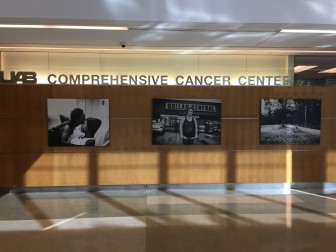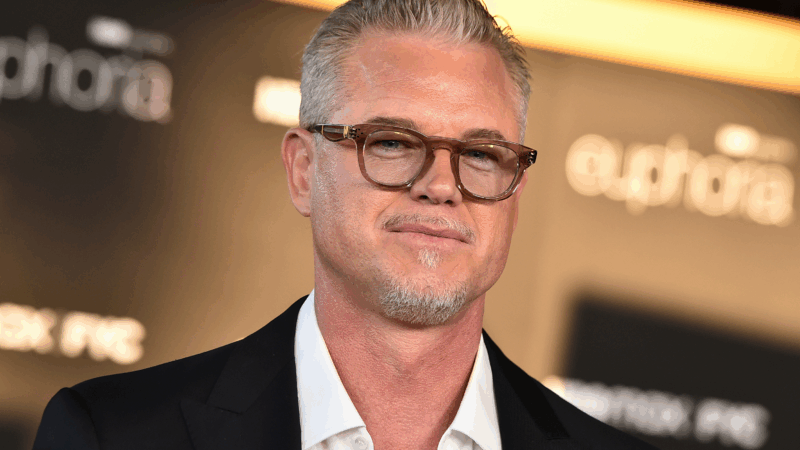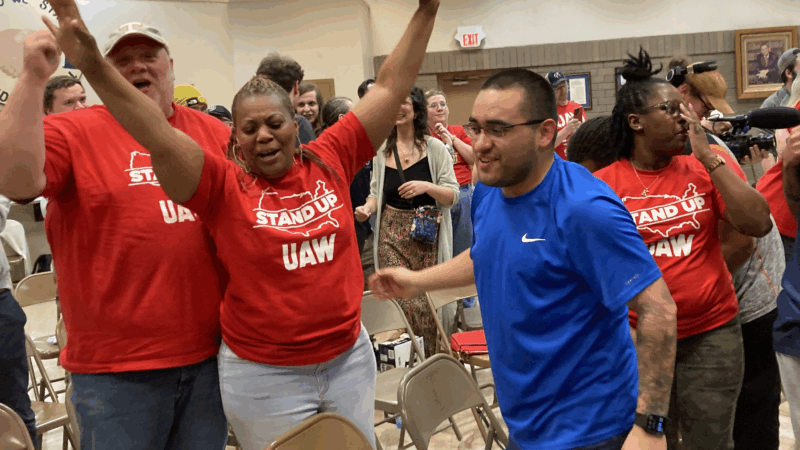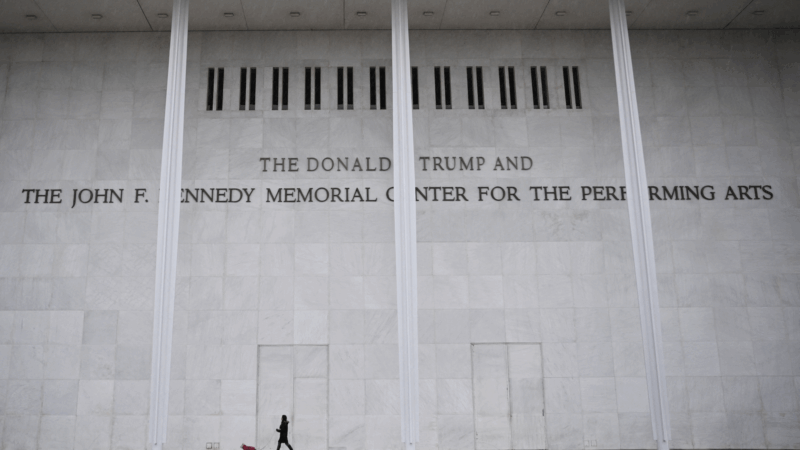Tripling Trials? UAB Cancer Center Head Pushes Big Goals
Through cutting-edge treatment and research, the UAB Comprehensive Cancer Center is trying keep the disease from touching so many lives. The university recently recruited oncology leader Dr. Michael Birrer to run the center. He tells WBHM’s Dan Carsen that when he was in training, top medical students did not go into oncology because cancer patients had few options, but there’ve been real breakthroughs since then, including immunotherapy. Key excerpts are below.
One Huge Breakthrough
“These are antibodies that essentially wake up the immune system, which has gone to sleep because the tumor told it go to sleep. And then those immune cells race around the body and eat up the tumor cells. It’s as simple as that. Look at metastatic melanoma — a skin cancer, deadly. When I trained and patients had this tumor, if you couldn’t cut it out there was very little you could do. And we wouldn’t even give chemotherapy because it didn’t respond. We now can give these patients this immunotherapy and you watch the tumor melt in front of you. It’s shocking. A tumor that we wouldn’t even have treated 15 years ago.”
It Takes Money to Do Science
“I think there’d be a consensus that we don’t invest enough into cancer research. That’s always been the case, but I think in the last 10 years, because of the budget deficit and different priorities, it’s becoming increasingly harder to get National Institute of Health grants … The actual pay line coming in — meaning what do they fund — is 7 percent. If you have 100 grants, only seven of them get funded.”
Things He Wants to Change
“I’m lobbying very hard to increase our infusion beds for trials. These are chairs where patients sit and they’ll get their chemotherapy, they’ll get their trial drug in a very controlled and careful way. So right now we have four beds. I’m trying to get that up to 12 to 15. That will radically change what we do. Also, we put 500 patients on per year for clinical trials and I’d like that to be above a thousand if not fifteen hundred.”
Why an Oncology Innovator Came to UAB
“My plan was to find a cancer center that had a wonderful, strong tradition of excellence, but not necessarily an operation like Harvard’s or Memorial Sloan Kettering, where it is so big you can’t get your hands around it. So UAB is just optimal in that way — a little smaller, but 45 years of continuous funding? This place is terrific. The clinical care is different too: The UAB Comprehensive Cancer Center has a long tradition of wonderful community outreach, bringing cancer care, cancer education to the Mississippi Delta, the Black Belt. These are really unique aspects of the Center. I don’t know of any other cancer center in the country that does that as well as UAB … And then, my wife and I were getting a little bit sick of the Boston winters. So moving on down South made a lot of sense.”
Eric Dane, ‘Grey’s Anatomy’ star and ALS awareness advocate, dies at 53
Eric Dane, the celebrated actor best known for his roles on "Grey's Anatomy" and "Euphoria" and who later in life became an advocate for ALS awareness, died Thursday. He was 53.
Venezuela approves amnesty that may release of hundreds detained for political reasons
Venezuela's acting president has signed into law an amnesty bill that could lead to the release of politicians, activists, lawyers and many others. The approval marks a stark turn for the nation.
In a historic vote, Tennessee Volkswagen workers get their first union contract
Two years ago, the successful union drive at this plant was expected to spark victories throughout the South. But now, as members vote to make their contract official, momentum has fizzled.
NASA chief blasts Boeing, space agency for failed Starliner astronaut mission
NASA's Jared Isaacman slammed Boeing for failures with its Starliner spacecraft, which was deemed unsafe to return its crew of two astronauts from the International Space Station
Internal memo details cosmetic changes and facility repairs to Kennedy Center
Trump announced his plans to close the Kennedy Center entirely for two years "for Construction, Revitalization, and Complete Rebuilding." The announcement came after many prominent artists canceled existing scheduled appearances.
R&B stars consider two ways to serve an audience
Two albums released the same day — Jill Scott's return from a long absence, and Brent Faiyaz's play for a mid-career pivot — offer opposing visions of artistic advancement in the genre.






